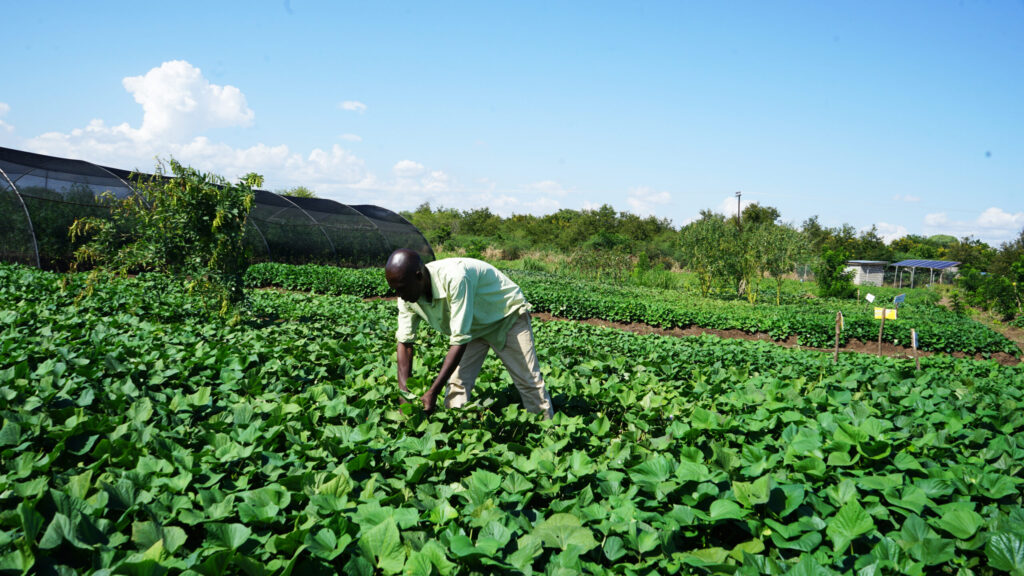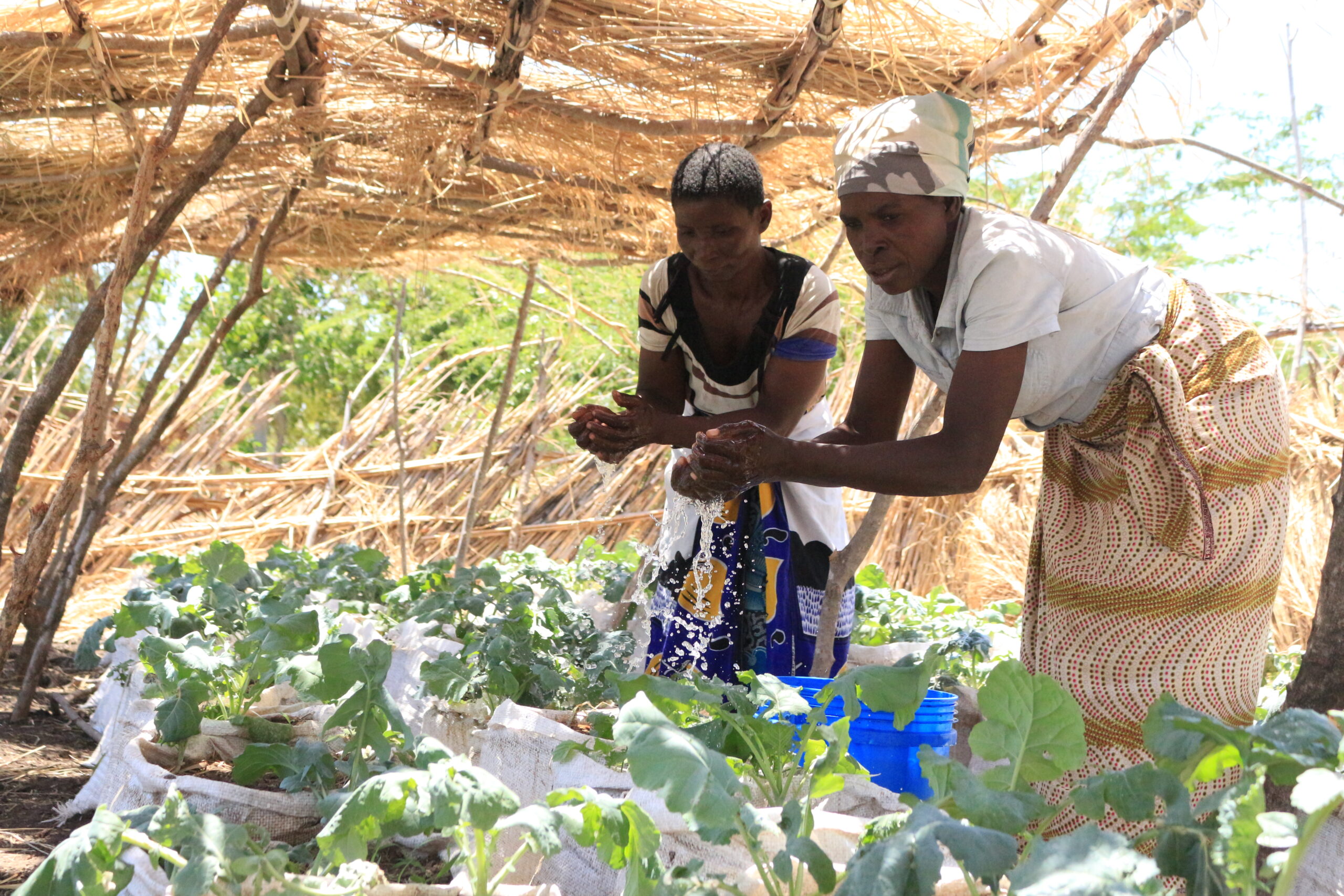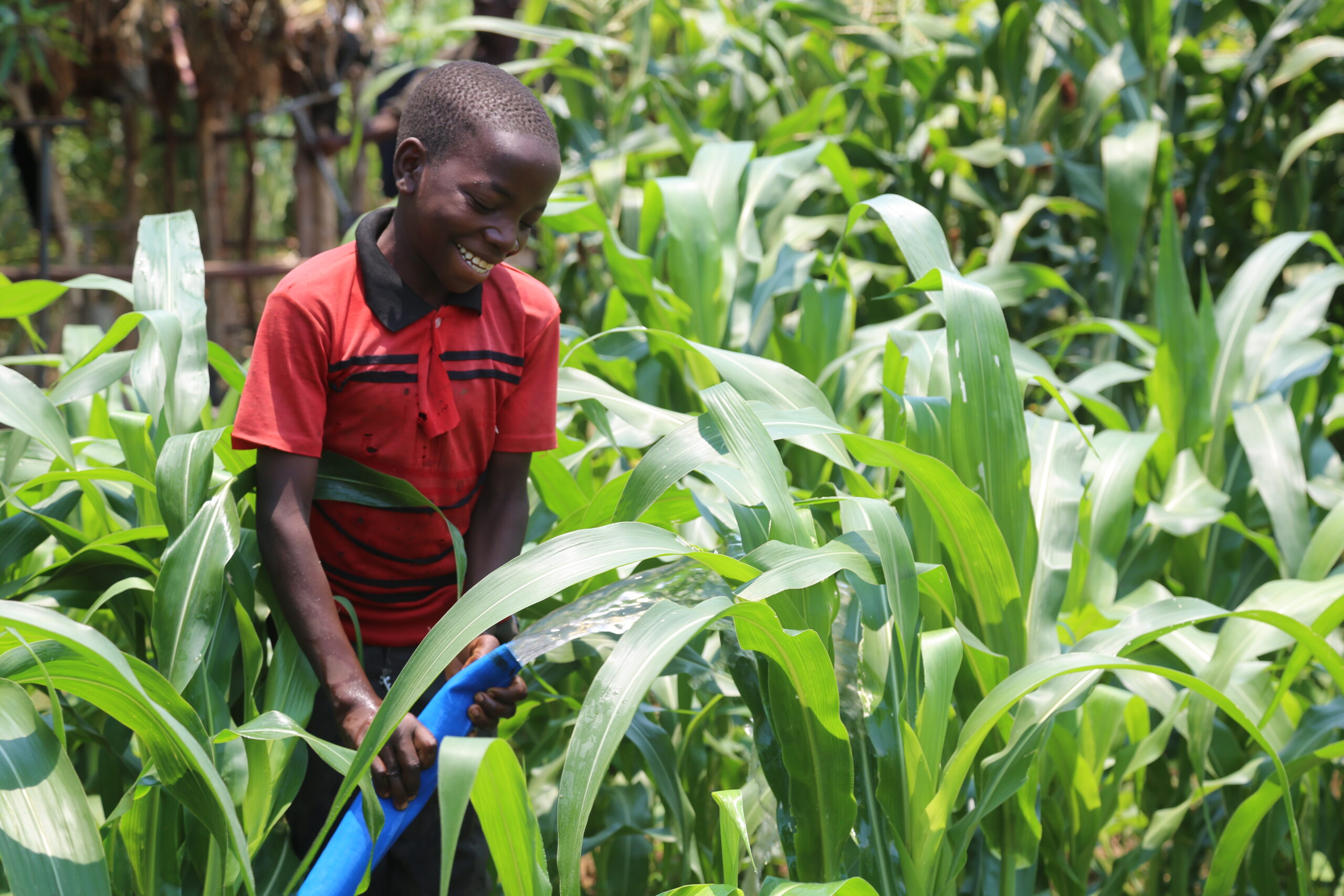Achieving nutrition and climate goals during global crisis.
Malawi is currently off course in its pursuit of the United Nations’ Sustainable Development Goals (SDGs) on ending hunger and poverty by 2030. Unfortunately, without achieving these goals, no other progress is possible in the other areas. Amidst the global food crisis marked by skyrocketing food prices caused by the war in Ukraine, the COVID-19 pandemic, and the impacts of climate change, Malawi continues to recognize the urgent need to chart pathways towards sustainable food systems that could simultaneously address nutrition and climate goals.
With malnutrition at 19 per cent, and more than 4 million people in need of emergency food aid in Malawi, the Ceres2030 deep dive into the country’s nexus of climate, nutrition, and food systems challenges provides the much needed evidence and roadmap to end hunger and transform Malawi’s food systems through nutrition-sensitive agriculture, climate-smart practices, and resilient food value chains that are built around smallholder farmers, especially women and young people.
In early July, key food security, nutrition and agriculture stakeholders, including government officials, academicians, nutritionists, agricultural experts, farmers and the private sector came together in Malawi’s capital, Lilongwe to learn and discuss the costed roadmap for food systems transformation in Malawi and to collectively explore how the country’s policy interventions can influence consumption patterns to improve environmental and nutrition outcomes.
The discussions, demonstrated strong alignment and consensus that farmers hold the key to sowing the seeds of change within Malawi’s food systems, delivering both healthy diets and climate action. As stewards of the land, they possess the knowledge and capacity to cultivate diverse crops, including bringing back forgotten ones, nurture soil health, and adopt climate-smart practices.
By investing in diversified, climate-resilient crops and empowering small-scale farmers, Malawi has the potential to enhance food security, improve diets, maintain a low carbon footprint and uplift the livelihoods of its people. These efforts, coupled with the adoption of clean energy technologies and the promotion of sustainable cooking practices, would not only mitigate the impacts of climate change but also foster a healthier and more sustainable future for Malawi.
While action is being taken to align Malawi’s efforts towards ending hunger, much more needs to be done to foster greater multi-sector and multistakeholder collaboration for sustainable food systems. To ensure effective coordination, resource allocation, and implementation oversight in addressing food systems challenges, Malawi must establish and enhance interdepartmental mechanisms. These mechanisms will be responsible for coordinating all actions related to food systems, bringing together various sectors and merging or revitalizing existing structures. The objective is to foster a cohesive and integrated approach to transforming food systems. By integrating policies, strategies, and actions from multiple sectors, these mechanisms will facilitate synergy and coherence in tackling the complex food systems issues as well as exploring opportunities for support.
As policymakers and government leaders gather for the UN Food Systems Summit +2 Stocktaking Moment next week, Malawi’s costed roadmap provides an important template for other countries and an investment framework for development partners. to support. It is exciting to see that the conversation on transforming food systems is beginning to move from the global level to national policy and operational plans, translating the outcomes of the Food Systems Summit and dialogues, and the many reports, recommendations, and data for country-level action. It is now imperative that development partners step up to support countries as they take the lead in driving this transformation.
This is where the real challenges lie and where substantial efforts must be made. It is crucial for all stakeholders in Malawi, starting with government departments, to formalise internal engagement to support the transformation of their food systems towards outcomes that benefit both people and the planet. Achieving this transformation poses challenges for the countries and the Global Alliance for Improved Nutrition poses some good questions to evaluate this process. Are policies aligned across sectors? How much funding is the government, donors, and the private sector allocating to the process of food systems transformation? Is it sufficient and equitably distributed to all key focus areas? How can we determine if food systems transformation is actually taking place, and how do we effectively monitor it? These are the pressing questions that all countries are grappling with, and they require assistance in formulating context-specific answers that will drive meaningful change.
As the deadline for achieving the SDGs rapidly approaches and to break the cycle of crisis upon crisis, it is crucial to take a proactive approach and implement systematic structural reforms to build resilience and transform and strengthen Malawi’s food systems. These measures are necessary to prevent a worsening of hunger and malnutrition and to pave the way for healthy diets, improved livelihoods and regenerative and sustainable agriculture. .
Fortunately, the country has started this important work and the already available evidence-based approaches and policy commitments provide a foundation to accelerate progress. However, what is urgently required is strong leadership, coordinated action, and sufficient financing to drive the necessary changes. By combining anticipatory actions with comprehensive reforms, we can break the cycle of compounding crises and work towards achieving the SDGs within the limited time remaining.



